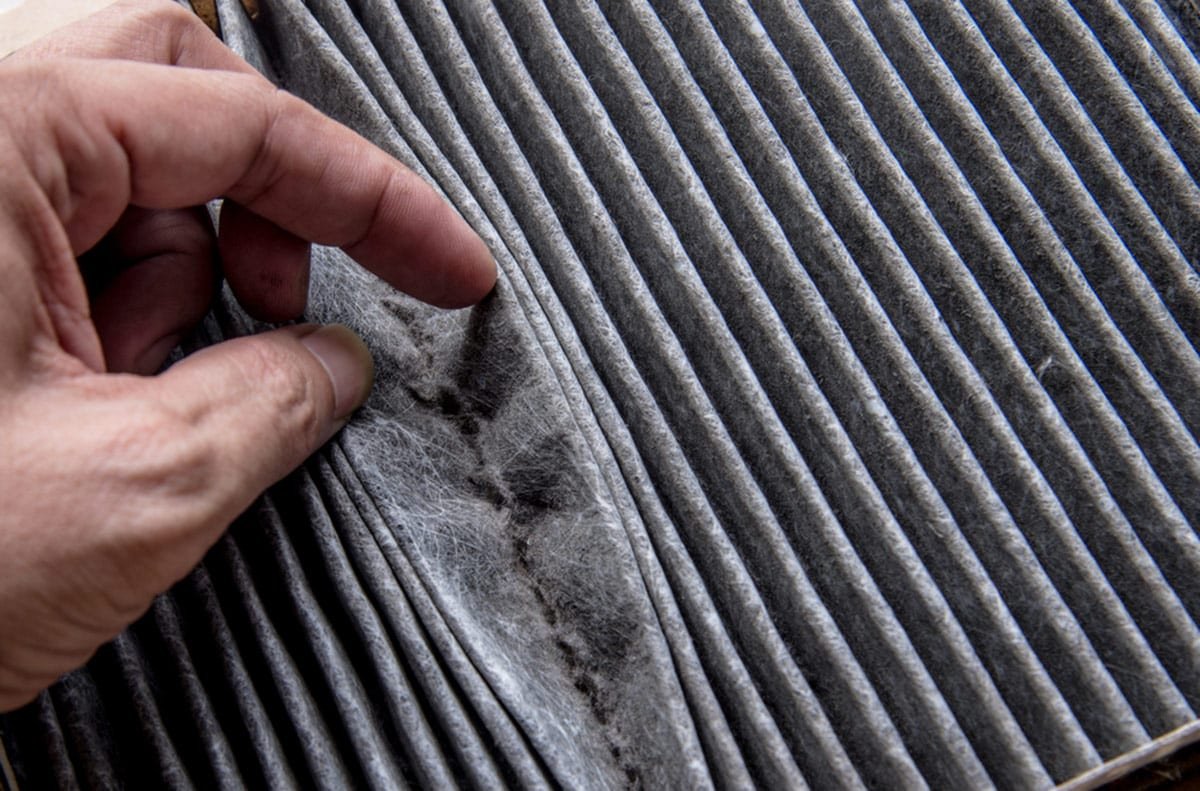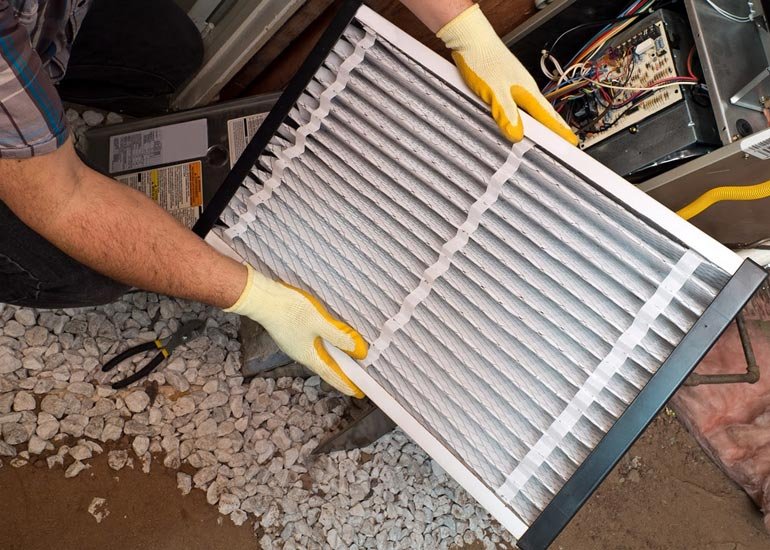During the winter season, heating expenses can consume more than half of your energy budget. As a result, energy efficiency is critical in reducing energy costs in your home. Below we have provided you with the most efficient home heating system that you can use during winter.
There are many options to choose from in case you want a new heating model in your place. You should make sure that the heating model you wish to purchase for your home is energy efficient. The cost of operating the system is low to keep your place comfortable and warm for the years to come.
Searching for the Most Efficient Home Heating System
Heat pumps
Heat pumps extract heat from the outside and pump it inside using a compressor and a circulating structure of liquid or gas refrigerant. Pumping heat uses less electricity than an electric furnace. In the summer, you can reverse the heat pump to act like an air conditioner. The most significant disadvantage of heat pumps is the price due to the extensive installation.
Furnaces
Furnaces are one of the more efficient heating systems for your home. They are very common in the Greater Toronto Area. If regularly maintained, they can last for 15 – 20 years.
The typical furnace types are:
Gas furnace
If you think about replacing your old furnace in Vaughan, the gas furnace is a great option. Gas furnaces are more energy-efficient and are relatively inexpensive to install.
Modern natural gas furnaces are available with high efficiency and an Annual Fuel Utilization Efficiency (AFUE) of 90 percent or higher. Although, homeowners should consider a few things before deciding on the type and size of the heating unit to purchase for their home.
The primary thing to consider is your home’s size and square footage, including the number of floors and layout of the house. The size and configuration of your home impact the size and type of furnace suitable for your home. Energy Star certified models are also worth considering since they meet specific efficiency standards and mostly qualify for government rebates.
Oil furnace
Oil furnaces provide more heat per BTU than other heating sources. They also cost less than gas furnaces.
On the other hand, oil furnaces require an on-site storage tank, and their fuel-burning efficiency is lower than gas. In addition, oil costs more than gas.
Electric furnace
Like any other heating system, an electric furnace comes with pros and cons.
Electricity is accessible wherever you live. Electric furnaces cost less to purchase and install than fuel-powered furnaces. Moreover, they are safer and more efficient (from a heat-loss perspective) than combustion furnaces.
Disadvantages include pricey electricity, and repairs are not the DIY type.
Boilers
Boilers generate heat by circulating hot water through radiators and pipes in your home.
Advantages include distributing heat more evenly throughout your home than forced-air systems. They are relatively silent and clean since they don’t blow heat like forced-air furnaces. In addition, they cost less to run and require less routine maintenance, e.g., there are no filters.
The disadvantages include higher prices for replacement parts, and it takes longer to heat your home. In addition, if you require air conditioning, you would have to install ducts.
Efficiency-boosting Factors
You can further improve energy efficiency and comfort by doing the following:
Airtightness and sealing
Seal any gaps, cracks, or holes to prevent heated air from escaping.
Ductwork
Leaks in the ductwork system lead to lost heat and lower performance of your heating system. Ensure that all the duct sections are in good condition and fit well together. Seal the connections using metal-backed tapes and metal screws. Further, insulate the ducts.
Controls
Control systems include smart and programmable thermostats. They make it easier to control your home heating system. You can lower heating costs by automatically reducing indoor temperatures when sleeping and away from your home.









